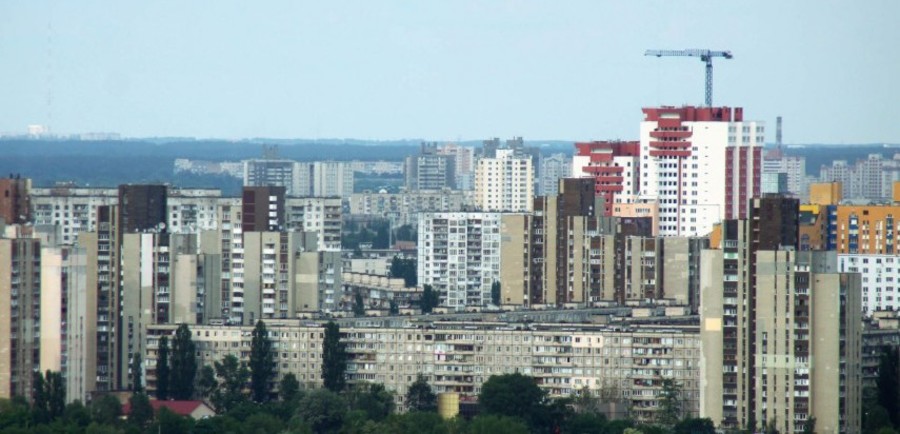The Indian real estate sector is poised to witness skyrocketing growth in the future if the needs of the population and rising demand are taken into account as per experts. The growth rate of the population in the country is approximately 15m annually and this means that by the year 2060, the country is expected to have a whopping 1.7 billion citizens on its rolls. By this time, it will become the highest populated country in the world by the year 2024. The country will also have one of the biggest populations of working individuals and median ages will be reflective of this from 2030-2060. India will be one of the world’s youngest countries in the future which will be a major advantage when it comes to overall financial and economic productivity on the global scale.
The real estate sector has to cater to the housing needs of this growing population and major Indian cities and towns will see more and more professionals migrating on account of work opportunities and other reasons. For example, by the year 2030, the National Capital itself will have a whopping 9.6 million people migrating by the year 2030 according to studies. There will be a major influx of people from rural areas to urban centres and hence there will be 7 megacities in the country, namely Delhi, Mumbai, Bangalore, Chennai, Kolkata, Hyderabad and Ahmedabad.
The real estate sector will also benefit from rapid infrastructural expansion. There will be several opportunities for infrastructural development and the country will also reap the benefits of Smart Cities that will be developed by then. By the year 2030, the Indian realty sector is expected to be the second biggest in the world. The urban GDP in the country will touch a whopping 75% of the entire country. The PMAY (Pradhan Mantri Awas Yojana) Housing for All initiative of the Government. This project has estimated approximate development of 110 million housing units throughout urban and rural areas. There are other similar catalysts such as the Atal Mission for Rejuvenation and Urban Transformation or AMRUT and the Smart Cities mission. Investments towards these schemes will be approximately $7.4 billion $7.2 billion respectively as per reports.
Sectors like finance, housing, paint, banks, cement, steel and brick will also profit from the growth of the real estate industry. Property volumes are expected to increase by 9% as per studies while annual growth rates could touch 6%. There will be more positive sentiments in the Indian real estate market. Private equity investments will be increasing by 15% touching $800 million overall. Growing IT hubs like Bangalore and Hyderabad will see an increase in commercial spaces and offices and this will spur residential real estate development accordingly. Private equity based investments have gone up by 150% over a period of 3 years between 2014-2017 as per reports. REITs will play a vital role in this industry and will spur its growth over the years. The Embassy Group is supported by the Blackstone Group and is planning the first REIT which has already obtained approval from SEB (Securities & Exchange Board of India).




